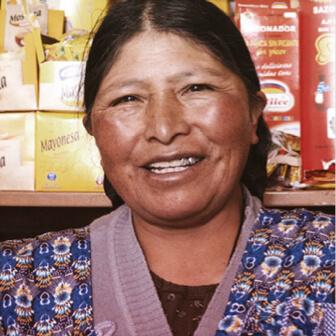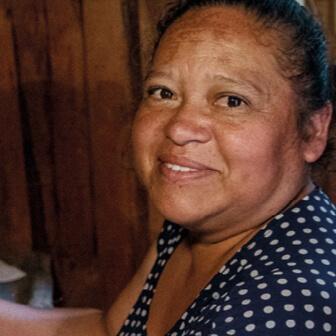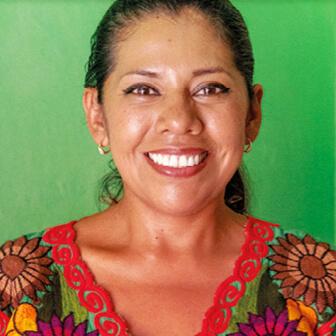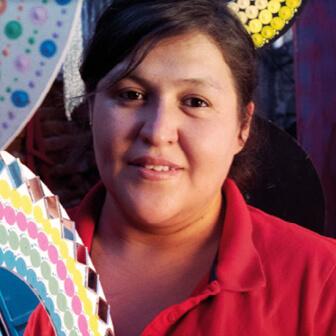Pro Mujer Bets on Entrepreneurs in Central America
8 May, 2023
Blog, Press
In 2021, Pro Mujer responded to Vice President Kamala Harris’ call to action and joined the Partnership For Central America (PCA). As part of our commitments as a PCA member, Pro Mujer is proud to celebrate the recent launch in El Salvador and Guatemala of the Emprende Pro Mujer hybrid model initially developed in Southeast Mexico.

The first modules were implemented in Zona 18 in Guatemala and Santa Ana and San Salvador in El Salvador, reaching 60 rural and peri-urban women.
The model’s intersectional approach allows the program to adapt to the realities of each region. The program includes in-person and online sessions led by expert facilitators in the field, thus ensuring continuous support and the inclusion of women with lower levels of digital literacy.
Additionally, to ensure the inclusion of Mayan women in the program, in September of this year, Pro Mujer will publish materials in Quiché and Kaqchikel, two of the Indigenous languages most widely spoken in Guatemala. This will enable Indigenous participants who speak little or no Spanish to understand and engage with key concepts on the learning journey.
Central America is a high-priority region for Pro Mujer. In 2022, we launched various initiatives calling for a fair and equitable care economy, including a series of virtual workshops implemented in Guatemala, El Salvador, Honduras, and Costa Rica to support the redistribution and recognition of the domestic and care responsibilities that typically fall to women.

We also opened our first office in Guatemala, reaching 2,500 people through microloans, telemedicine, and entrepreneurship skilling opportunities.
In El Salvador, 41.9% of women don’t have their own source of income. However, more than 70% of MSMEs in the country are owned by women. In Guatemala, only 22% of women are economically active, but the country ranks fourth worldwide in female entrepreneurship.
It is essential to provide women entrepreneurs with the tools they need, as they are the foundation of the regional economy and the most important catalyst for the sustained growth and well-being of Latin American families and communities.






